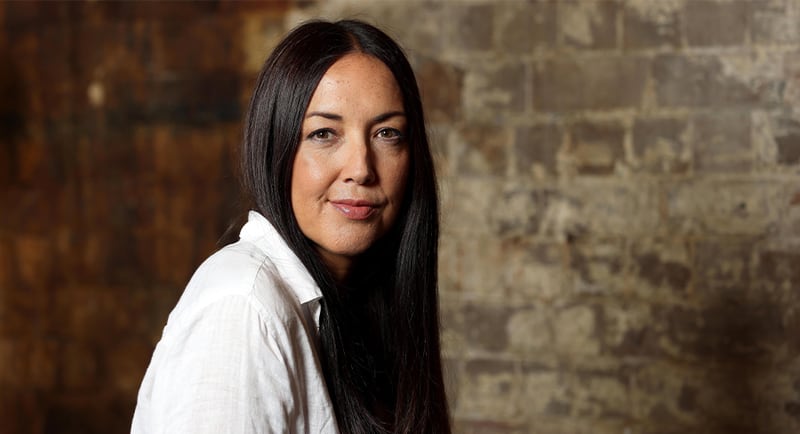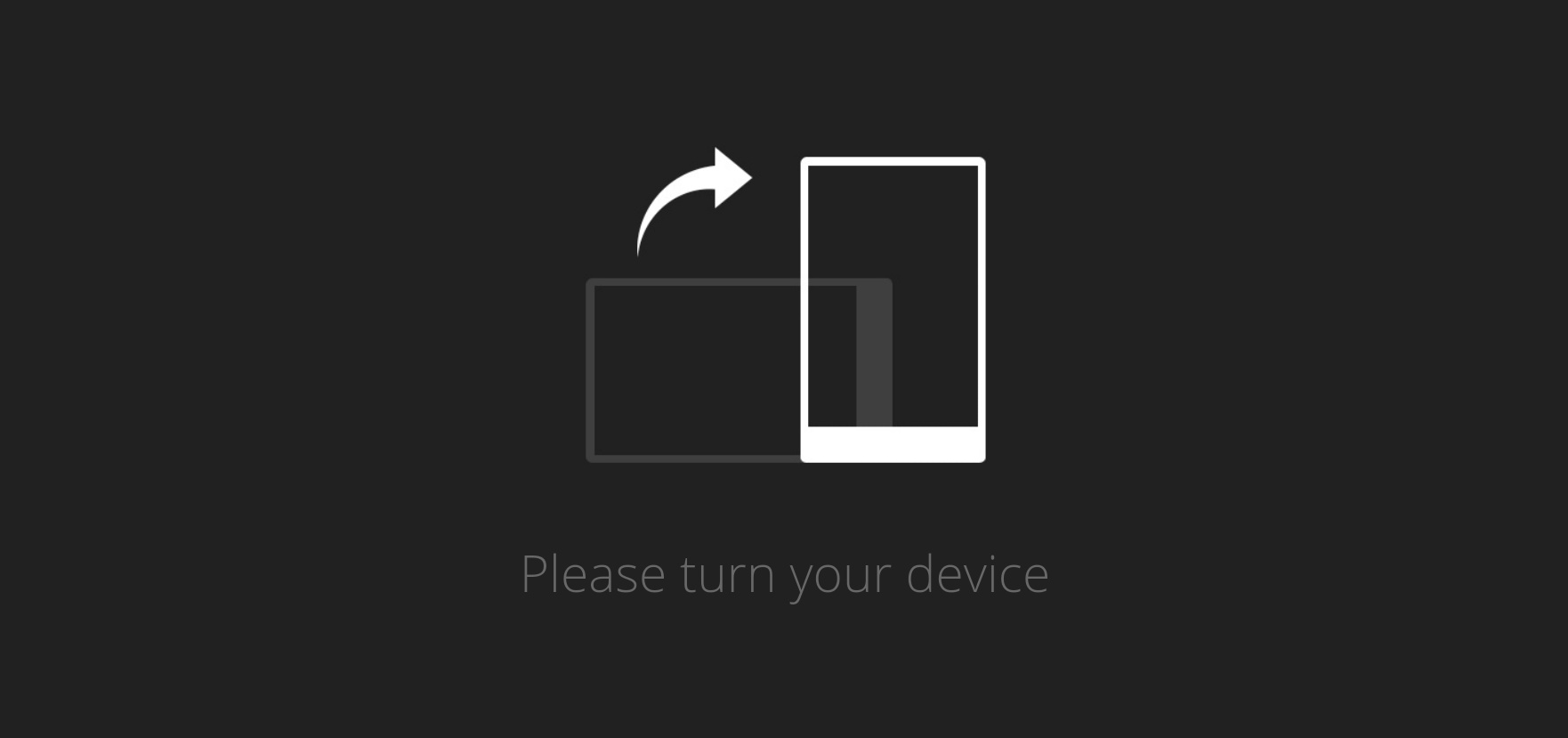
Meet The Woman Behind ‘MAFS’ & ‘Love Triangle’
It’s obvious Australians love to love reality TV, particularly shows that revolve around the fickle and dramatic world of dating and relationships.
From Married at First Sight, to the Bachelor franchise, to Love Island, there’s no shortage of juicy love stories we can sink our teeth into — and Stan’s latest reality offering Love Triangle is no different.
The newly launched original dating series has given us a spicy new reality TV addiction to get behind, with new episodes dropping every Thursday on Stan.
Created by the producers behind Married at First Sight, the show features six singles who embark on a dating journey ready to put to the test if they can form a connection without superficiality coming into play. The six singles were matched with two different people, and then pick one to go on a date and move in with — all before seeing how they looked IRL.
If you’re obsessed with reality TV, you may have heard the name Tara McWilliams before – McWilliams has produced the last six seasons of Married at First Sight, turning it into the reality juggernaut we know it as today. She’s also the brains behind Love Triangle, so you can safely say she knows a fair bit about love, dating, and drama.
We chatted with Tara McWilliams about all things Married at First Sight and Love Triangle.

On how Love Triangle came about and what makes it different to MAFS:
“If you love MAFS, it’ll be your brand new addiction. It’s not MAFS, but my God, it’ll give you the fix that you want when you watch it. It’s definitely a bit saucy, I mean, I’m not a prude, but I’m blushing watching it! But that’s the fun of it, you can go a bit further than what you can on free-to-air.”
“We looked at the other dating and relationship shows on the market and what was popular, and MAFS is very extreme so it’s quite an intense experience. Most dating shows throw people into these situations where we’ve decided for you who you’re going to be with and hope that something sticks, so it’s a bit by chance.
We thought, what’s a different angle that a show hasn’t tackled before? And that was removing the superficial aspect of modern dating.
“All of these people are coming to us because dating is fucked up — forget getting married, just meeting someone is difficult!”
How her own experience on dating apps has helped shape the shows:
“Even through my own experience, I’m not on the apps anymore, but I had so many experiences to relate to and I remember being on the apps and bantering with this person and you arrive on the date and they’re not what they seem. They don’t look like their photos, or the banter was great and when you meet the connection was shit. It was all these things we tapped into that was so common. And all the people we cast for MAFS, they all talk about that! It’s men and women, it’s the bare minimum of just trying to get a date is the problem.
I would hate to be on the apps now, because they were bad when I had them and there are so much more now! It used to be just Tinder really, then Bumble was coming in as I was leaving it (laughs). Now there’s apps I haven’t even heard of! Then people also gave more options, like, I don’t have to commit to this chat because I have 10 others on the go.”
“What should just be such a simple thing — boy meets girl, or girl meets girl, or boy meets boy, or whatever it is — is absolutely not simple at all because modern dating has changed the landscape and changed the process and actually made it way more difficult than what it’s ever been.”
“When you watch Love Triangle, you realise it’s not necessarily the apps to blame. You need to bring something to the party when you meet someone!”
On the magic of a show like Love Triangle:
“All the contestants were super keen to participate in this because they wanted the superficiality out of it: let’s take out the notion of being rejected for not being good-looking enough. Let’s strip all of that back and build a connection. But when you build that connection, you’ve created a fantasy in your head of what this person looks like because you get on with them so much [so] you assume you’re going to be attracted to them because the connection is there.

“People are thinking, ‘he just sounds funny, he sounds sexy’, case in point, Lisa, she was sexting with him! [Patrick] She’s thinking, ‘if we have sexual chemistry, I must be attracted to him physically’ and you just assume. Then of course when you meet them, suddenly the thing you want to stomp all over and pull out of the equation pops its head back up again and we can’t help but be prejudiced — now they’re not living up to the fantasy we’ve built up.”
On why Aussies love to hate or love to love reality dating shows:
“MAFS is the perfect example. I don’t think people love to hate MAFS the way they used to, there’s been a real change in the last few seasons. Earlier on they loved to hate it, and Australians sometimes — how do I phrase this — we get a little bit of joy out of watching people struggle in the dating world.
I don’t know why, we find it entertaining I guess, but also because it’s relatable. You relate to it, but you hate it too, but you can’t stop watching — it’s this vicious cycle. I think with MAFS, people stopped hating on it and now they love to watch it. I feel that shift will carry on with Love Triangle.”
On the power of reality dating shows:
“Dating shows have always been considered female shows, I think in the early days, it was skewed towards women and that was the target market. But MAFS is a lot rawer, it’s a lot more real, it deals with situations and experiences that real relationships go through. So I think we were trying to bring that experience into Love Triangle as well, so it appeals to a broader audience. So if you’re sitting at home watching it with your partner, or your mates, or whoever, you can relate.
“Men can absolutely relate to Love Triangle, they’re on the dating apps as well, they’re going through the same shit and issues as women are. They’re getting rejected as well if they’re not funny enough, or muscly enough, or tall enough. It’s a very level playing field on the dating apps: it’s as bad for men as it is to women.”
On Love Triangle tackling modern day dating issues:
“I think it’s going to be interesting, there aren’t many shows who have tackled how we navigate the apps or how to have banter with someone we don’t know. We’ve all been there where we have matches who are bad at texting or who really polarise you with their line of communication, so it’s relatable in that aspect as well.”
“I love the ability to tell stories in this way, where the format is very loose. There’s lots of room to just let the stories go where they need to go. There are no restrictions, we don’t need to tie it up because someone has to be eliminated or leave, we’re not confined or restricted by an end game.
On the 2022 season of MAFS and the shocks it brought with it:
“I thought Olivia and Jackson were going to be the next Cam and Jules! And suddenly you see her character change as a result of not getting along with someone else. It completely changed her, she became someone so different, we didn’t expect it either. To see that evolve was so fascinating and such a study of human behaviour, because typically you don’t see it change in someone like that.”

On who holds responsibility for reality contestants’ mental health: the production company, the contestants, or the people watching at home:
“It’s a combination of all three. Production and networks have a responsibility to look after people during and after the show airs. No matter what the show is, we have a responsibility to prepare them for that kind of public exposure and scrutiny that no one’s going to expect at that level.
On a show like MAFS it’s tenfold. We have the most robust duty of care processes that carry on after the show has aired, we’re talking seasons later. We still look after them if they want it. But contestants have a responsibility too, we give them the resources they need, they need to put their hands up to accept those resources.
“We’ve got to make a call to the public too, to go easy on the contestants. This is someone’s daughter, sister, son, mother, father, they’re not bad people, they’ve just said some bad things on the show.”
If we put anyone in a situation where we’re going to put them in a bubble and watch them every single day, if you did that to any of us, you’d see sides to yourself you wouldn’t be proud of. I absolutely think everyone could go easier on contestants. They’re not horrible people, they’re just people who behave badly sometimes. The MAFS scrutiny to me is quite mind-blowing, and how far it’s taken sometimes is really disgusting. But you’re always going to have keyboard warriors and unfortunately it comes hand-in-hand with making a reality show these days.
“I sometimes think people forget these shows are designed to be entertainment, they’re not out to get you personally.”
“For example, Domenica is a big girl, she’ll walk away from this. People will go ‘it’s the show doing this’ so we get that criticism, but you come on a reality show and you know you’re going to be shown the good, the bad, and the ugly. People need to cut them some slack. People need to leave the shows and be able to go on and live their lives.”
On her favourite part about her job:
“I feel so lucky to be able to do this. I feel lucky I can make shows like this where there are no parameters so anything can happen. It’s not governed by format, you can follow stories, you can be really truthful to what’s happening and let things play out. I think these shows become as strong or better than actual dramas. Like, you couldn’t script this stuff!
I love what MAFS and Love Triangle do in that it’s not scripted and this stuff is real, and we have that freedom to tell these stories and give them the space and air that they need to develop. I work with a large team of people who are very passionate about making shows like this and the storytelling we do. It’s fun! It’s stressful, it’s challenging, these shows can break my balls at times, but I absolutely love it.”
